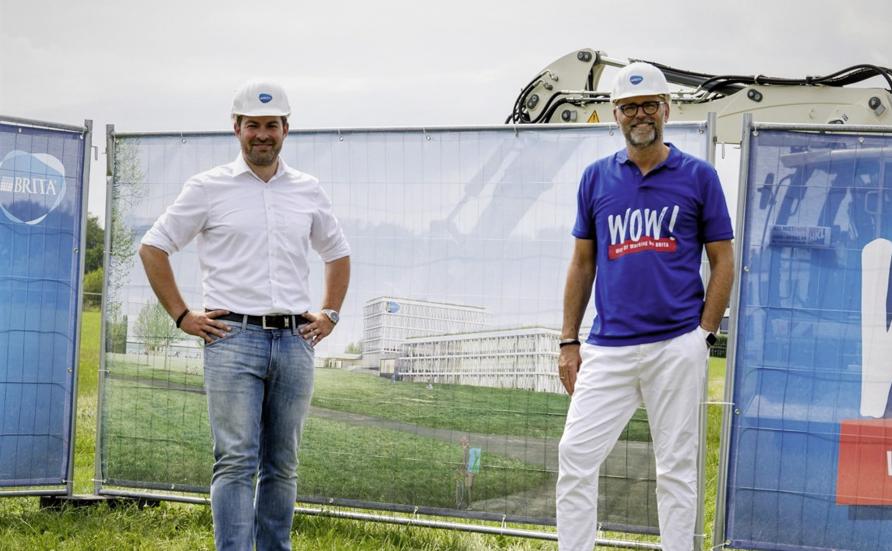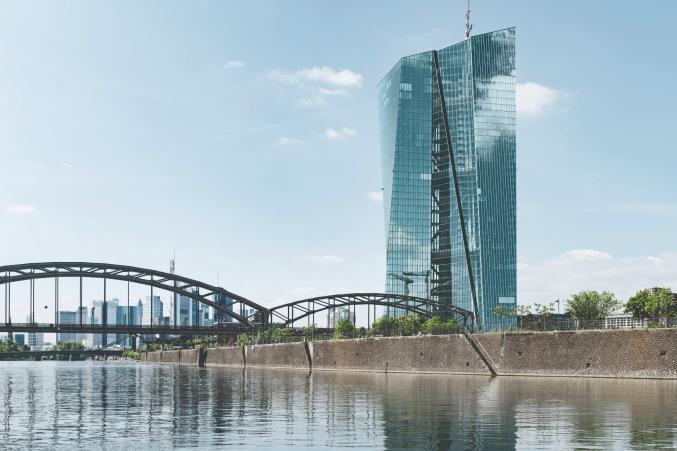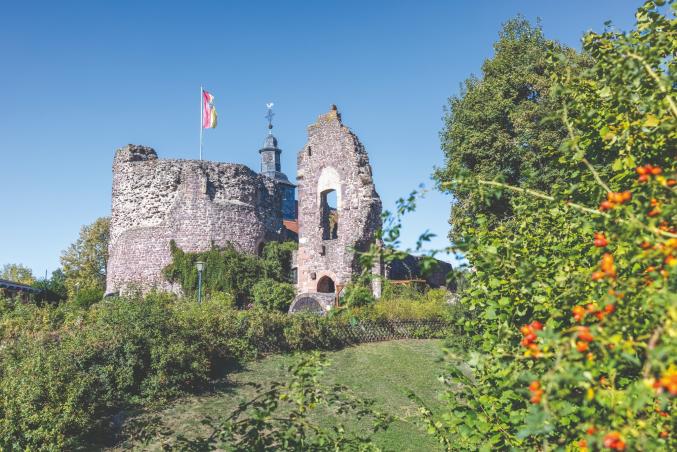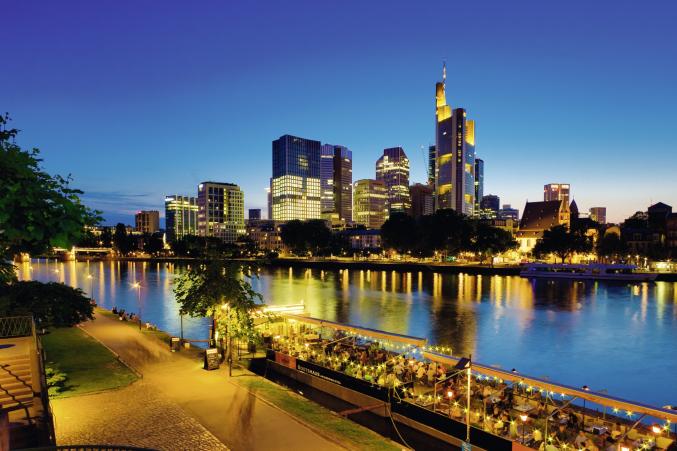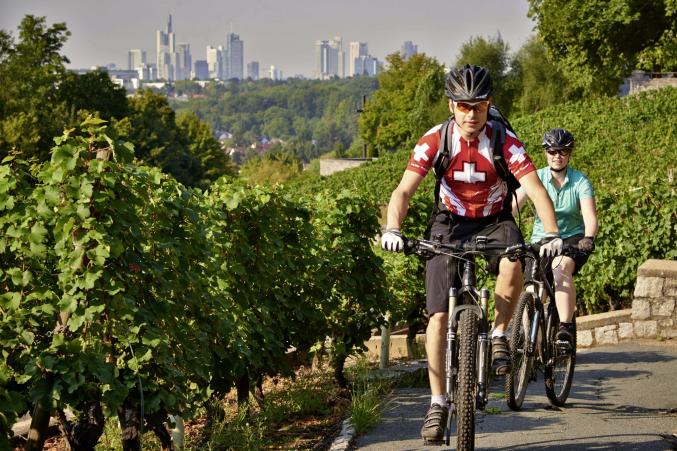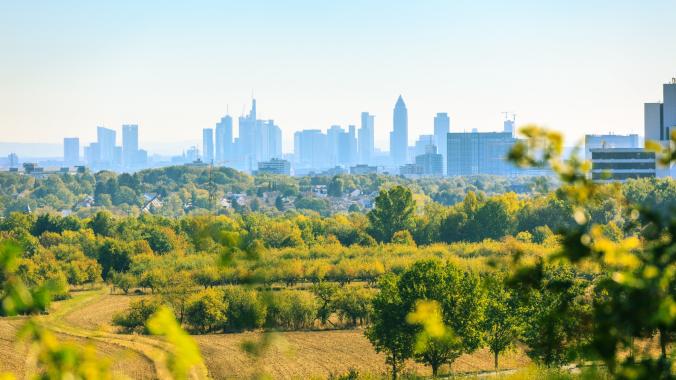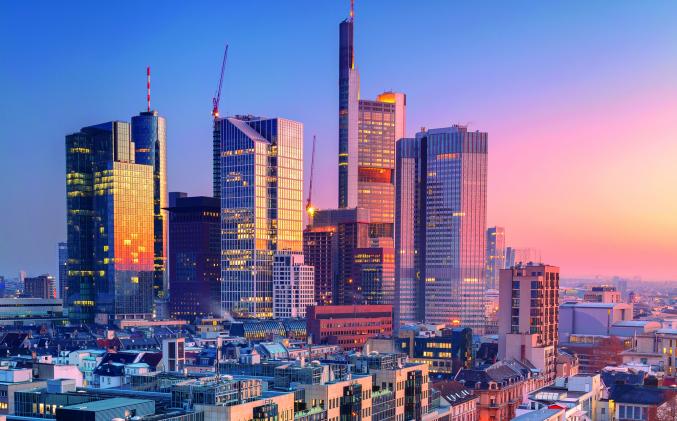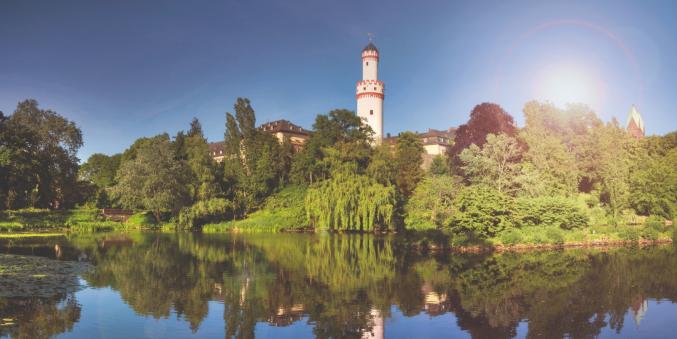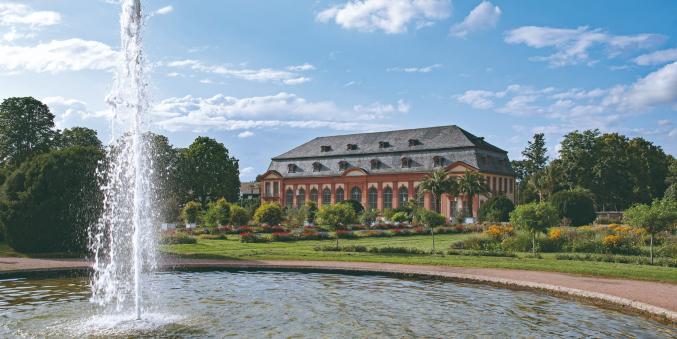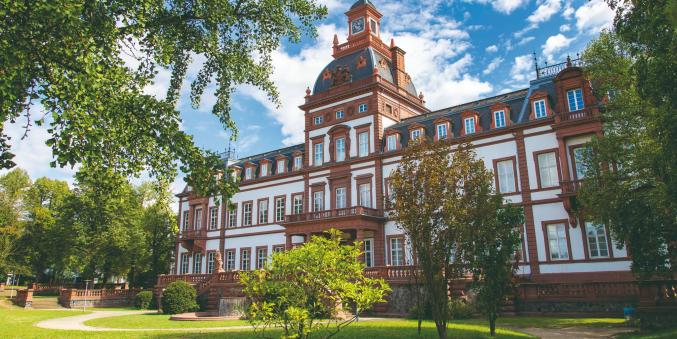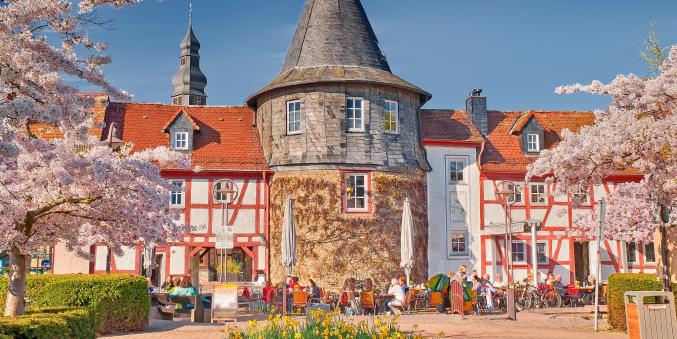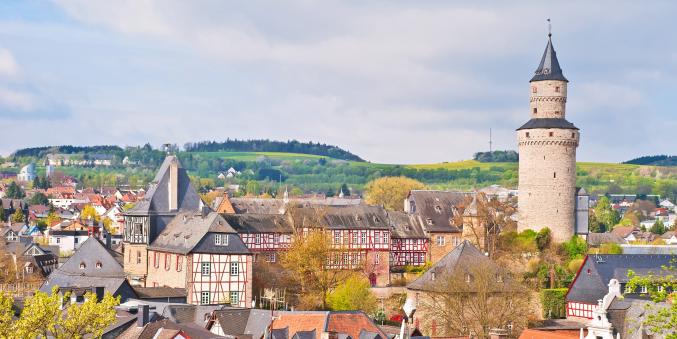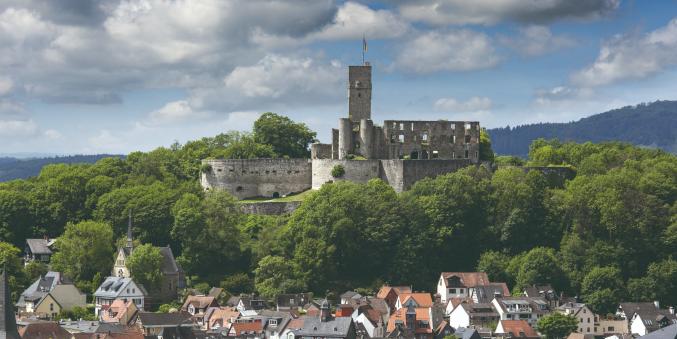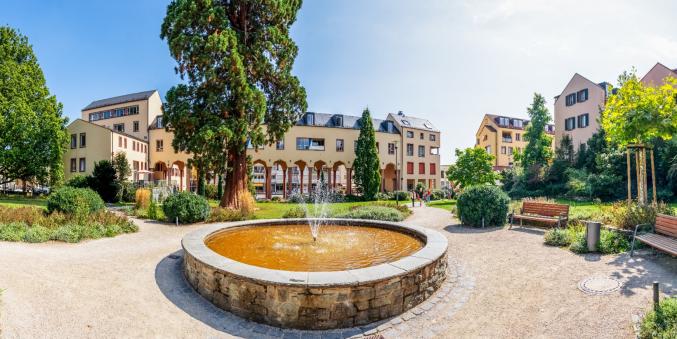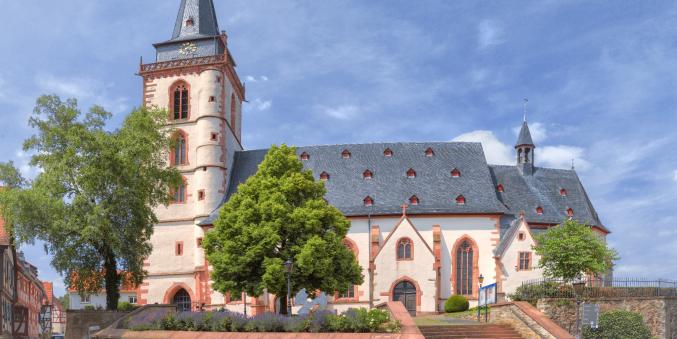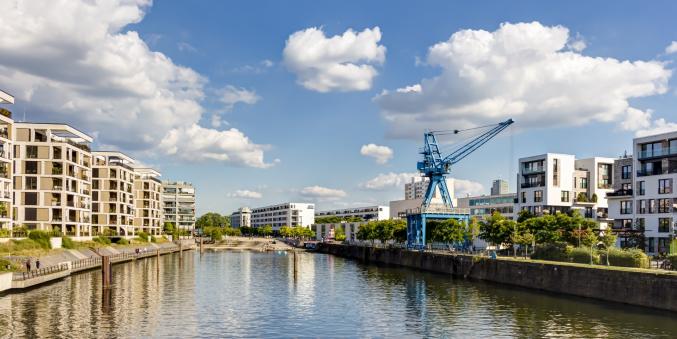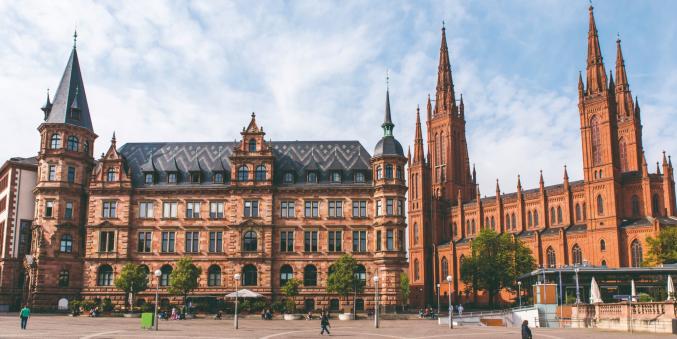Foto. Brita
BRITA In Taunusstein: A Global Family
One of the world’s leading companies in drinking water optimisation, BRITA, has been headquartered in Taunusstein since the 70s. BRITA is currently expanding its headquarters at the site. The so-called BRITA Campus comprises the headquarters of the international family-owned company with all administrative functions as well as research and development. In a joint interview, Taunusstein’s mayor Sandro Zehner and BRITA CEO Markus Hankammer talk about the importance of clear decisions and the location advantages of a small urban town.
Mr Hankammer, BRITA has over 2.000 employees worldwide. Why are you staying loyal to Taunusstein, where your father, its founder, moved the company already in the 70s?
First of all, we are a family business that stands by its roots. It’s not for nothing that at the beginning of our new corporate strategy we say “We are BRITA”, also worldwide in German, and then continue: “a global family. This is not a contradiction for us, internationality and local – in our case Taunusstein – roots. Quite the opposite, in fact, because especially in Asian countries, for example, the combination of family business and “quality and engineering from Germany” is highly valued. At our headquarters, we also have an environment in which we as a company speak directly with the mayor and administrative leaders and meet at eye level.
This is the only way we can offer a working environment that is state-of-the-art in every respect. That is very important, because after all, we are fighting hard like everyone else to find the necessary talents, including the very rare ones in IT or in e-commerce and digital marketing.
You currently have employees from 25 different countries working in Taunusstein. How do people feel about living here, what do they say about the region?
I know that our employees who live in Taunusstein particularly appreciate the closeness to nature, the peace and quiet, the opportunities for children, the great leisure activities and of course the somewhat more affordable real estate. They like to spend time in nature or go for walks after or before work. Guests from abroad, especially from gigantic cities, starting with Paris and London, but of course especially from China or Japan, are thrilled every time.
Mr Zehner, in addition to BRITA, there are some international companies in Taunusstein, such as Institut Fresenius or Tectronic GmbH. And as mayor, you are always in talks with companies about relocating or expanding: what expectations do they have of you?
In Germany we have high standards and sometimes lengthy procedures when it comes to the development or expansion of commercial areas – often difficult to understand, especially for companies from other countries. The decision-makers appreciate the fact that in Taunusstein they can talk directly to me as
mayor about possibilities and that my colleagues in site development accompany and support them closely in the preparation and during the entire process with the responsible authorities.
The airport is about 50, the motorway 15 kilometres away - why is it worth taking the short distance to the hubs instead of living directly in Frankfurt?
In short: Taunu sstein offers many of the advantages of large cities, such as leisure and cultural facilities – including the Limes as a Unesco World Heritage Site – soon a comprehensive fibre-optic network and innovative mobility concepts such as our app-based on-demand shuttle EMIL. At the same time, we have all the advantages of a rural area here. No matter where you live in Taunusstein, you never need more than a five-minute walk to be in the countryside. Half of our district consists of forest. Directly adjacent to a shopping and medical centre, we have a nature reserve with a rare butterfly species. There is a diverse and lively landscape of associations here, and thus also a wide variety of points of contact for new residents of Taunusstein to quickly arrive
socially and get involved in sports, creativity or volunteer work.
Mr Hankammer, when you return from trips abroad, what do you particularly appreciate about your home town?
The feeling of familiarity, the smaller dimensions, the vastness, the greenery, the open-minded and helpful people.
Thank you for the interview.
More than half of Taunusstein’s urban area consists of forests, fields and meadows. In between are the ten districts with an open-air swimming pool, art gallery, Römer Kastell and over 200 clubs. 30,000 inhabitants live in the “city in the green”, which lies between the Rheingau, Wiesbaden and the Hochtaunus.
Where to live in Frankfurt Rhine-Main
Frankfurt Rhine-Main is a cosmopolitan and diverse area with lots to offer, whether you're interested in arts and architecture, history and hospitality,
parks and playgrounds, or anything else. There's so much to discover.
Frankfurt and the Districts
The well-off Sachsenhausen district, known locally as Dribbdebach or 'the other side of the stream', is known for its pretty cobbled streets lined with stylish restaurants, pubs and cider taverns, not to mention the museums on this side of the river embankment.


